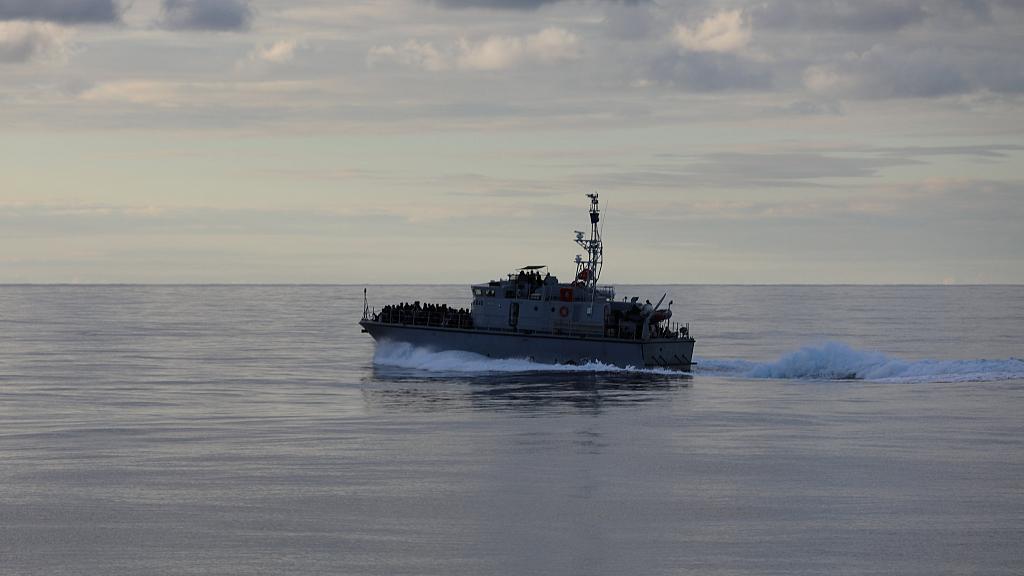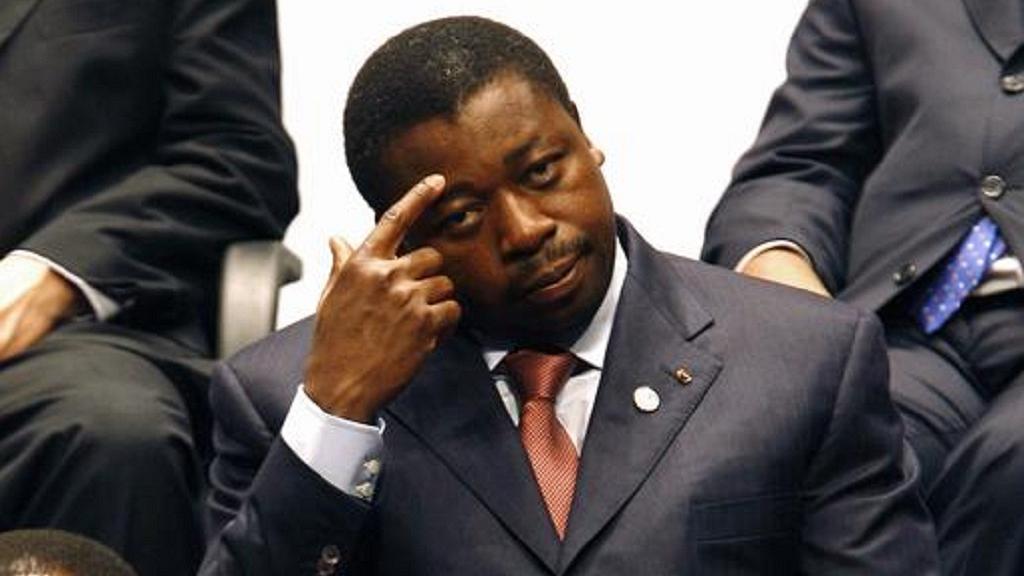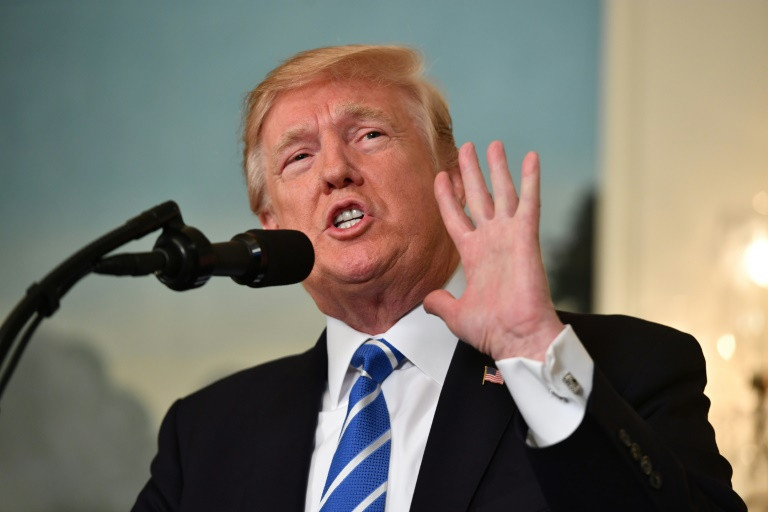Libya and Italy to set up joint operations to tackle migrant smuggling
Libya’s UN-backed government has entered into an agreement with Italy to establish a joint operations room for tackling migrant smugglers and traffickers.
The agreement was announced after a meeting in Tripoli between the head of the Government of National Accord (GNA), Fayez Seraj, Libyan Interior Minister Aref Khodja, and his Italian counterpart Marco Minniti.
While no details were given as to where the center would be located and how it would work, Seraj’s office said the center would consist of representatives from the coastguard, the illegal migration department, the Libyan attorney general, and the intelligence services, along with their Italian counterparts.
Libya is the main gateway for migrants trying to cross to Europe by sea, though numbers have dropped sharply since July as Libyan factions and authorities have begun to block departures under Italian pressure. More than 600,000 migrants have made the journey over the past four years.
More pressure mounted on the Libyan authorities when CNN released footage that appeared to show African migrants being sold as slaves in Libya. Protests in Europe and Africa caused the UN backed Libyan government to promise action including investigating reports of slavery and bringing the perpetrators to justice.
The United Nations migration agency IOM is currently repatriating migrants back to their home countries, helping up to 13,000 to return voluntarily to Nigeria, Guinea and other countries from Libya this year. It provides them with transport and pocket money and documents their often harrowing testimonies.
The agency recently blasted social media giants Facebook for not doing enough to prevent use of their platforms by the people smugglers.
The Italian navy already has a presence in Tripoli port, providing “technical” assistance to Libya’s coastguard, according to Italian and Libyan officials.
The coastguard, which is receiving funding and training from the European Union, has become more assertive in recent months in intercepting migrants and bringing them back to Libya.
According to Saturday’s statement, Seraj told Minniti that “despite the successes achieved in the migration file, the number of illegal immigrants outside shelters remains large and we need more cooperation, especially in securing the borders of southern Libya through which these migrants flow”.
Read more






